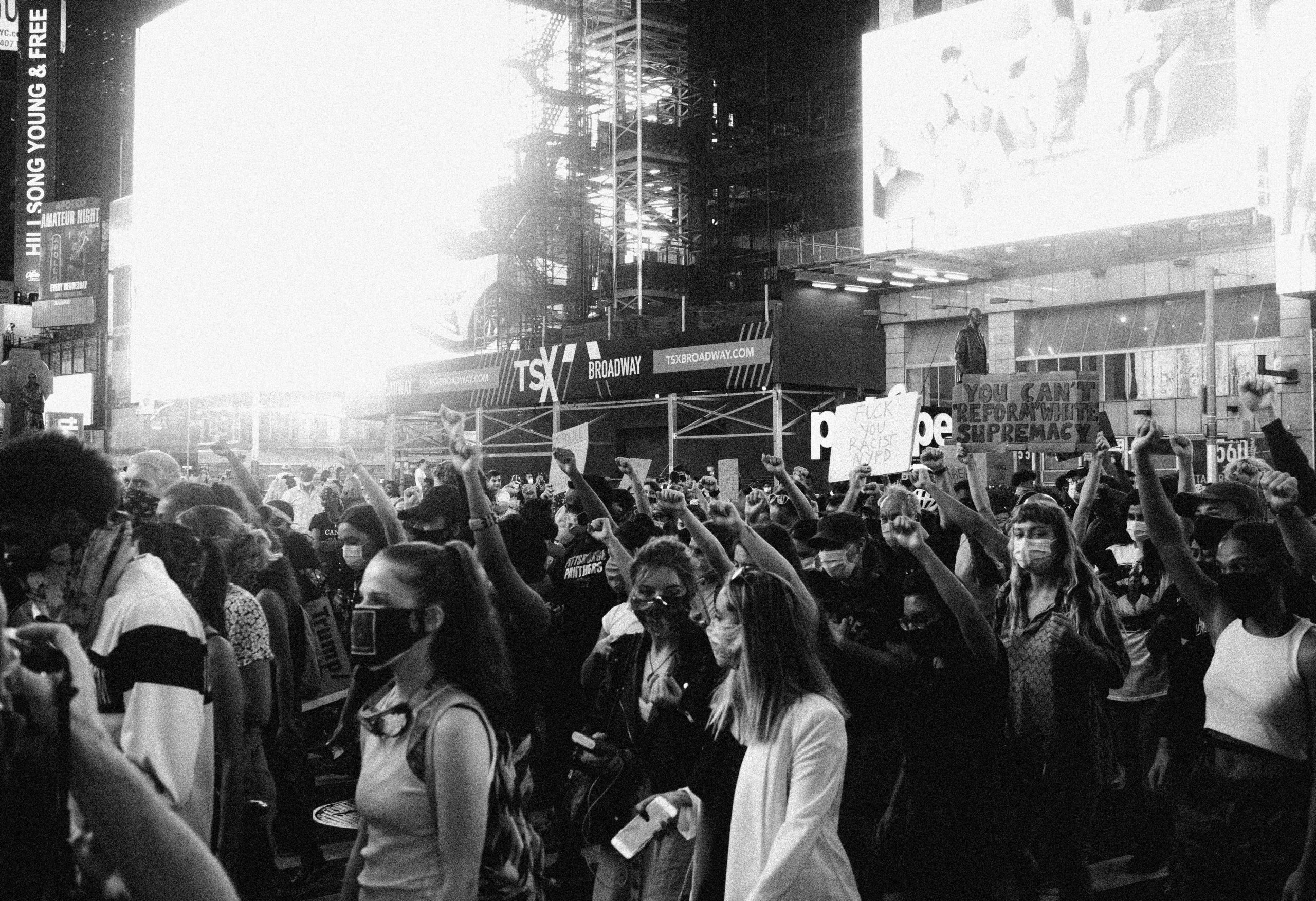The massive wave of protests sweeping across Brazil is a desperate cry for justice. While tens of thousands of Brazilians march against a potential amnesty for ex-President Jair Bolsonaro, they’re not just fighting a single bill—they’re fighting for the very soul of their democracy.
The brazen attempt by Bolsonaro’s allies to grant him amnesty, alongside the self-serving “Banditry Bill,” exposes a dangerous truth: a significant portion of Brazil’s political class is more concerned with self-preservation than with the rule of law.
The effort to pardon Jair Bolsonaro and his co-defendants, despite his 27-year prison sentence for plotting a coup, is an insult to every Brazilian who believes in justice.
The fact that the Chamber of Deputies has fast-tracked an amnesty bill for Bolsonaro is proof that a dangerous faction of lawmakers believes they are above the law. This is a direct slap in the face to the Supreme Court’s verdict and a clear attempt to undermine the country’s judicial system. Their actions scream, “The law applies to everyone, except for us.”

Compounding this audacious move is the passing of the “Banditry Bill,” a self-serving constitutional amendment that would give lawmakers a secret ballot veto over criminal charges against them. This is nothing less than a declaration of war on accountability.
It’s an open invitation for corruption and misconduct, designed to shield Congress from judicial overreach—a phrase that has become a convenient excuse for any politician who doesn’t want to face the consequences of their actions. The Brazilian people, rightly, are not buying it.
The People’s Answer: A Path to Justice and Accountability
The protests are a powerful and necessary response, but they are just the first step. For true accountability to be achieved, the Brazilian public and its leaders must do more than just march and tweet.
President Lula must honor his promise: President Luiz Inácio Lula da Silva’s public statement that he would veto the amnesty bill is a welcome relief, but he must hold firm. There can be no compromise on this issue. He must use his political capital to rally the Senate against both the amnesty bill and the “Banditry Bill.” The fate of Brazil’s democratic institutions rests on his resolve.
Why It Matters
The Senate must stand with the people: The proposed constitutional amendment now heads to the Senate. This is their moment to prove they are not a part of the same corrupt club as their counterparts in the lower house. The Senate must reject the “Banditry Bill” decisively and publicly, sending a clear message that lawmakers are not above the law.
Civil society must remain vigilant: The massive turnout at the anti-amnesty protests and the public’s vocal support for justice are the most powerful weapons against impunity. Organizations like trade unions and social groups must continue to organize and keep the pressure on lawmakers. This sustained pressure is the only way to ensure that politicians—especially the ones who plot coups—do not escape accountability.
The marches in cities like Rio de Janeiro and São Paulo are not just about a verdict; they are about setting a precedent for the future. The deep divisions revealed by the Bolsonaro trial are real, but the message from the protestors is simple: justice must prevail. Half of the country believes Bolsonaro should be in jail, and the other half believes he shouldn’t be. But the law is not a popularity contest. The Brazilian people, united in their demand for an end to impunity, are showing the world that they will not let their democracy be stolen by a handful of corrupt politicians.

















